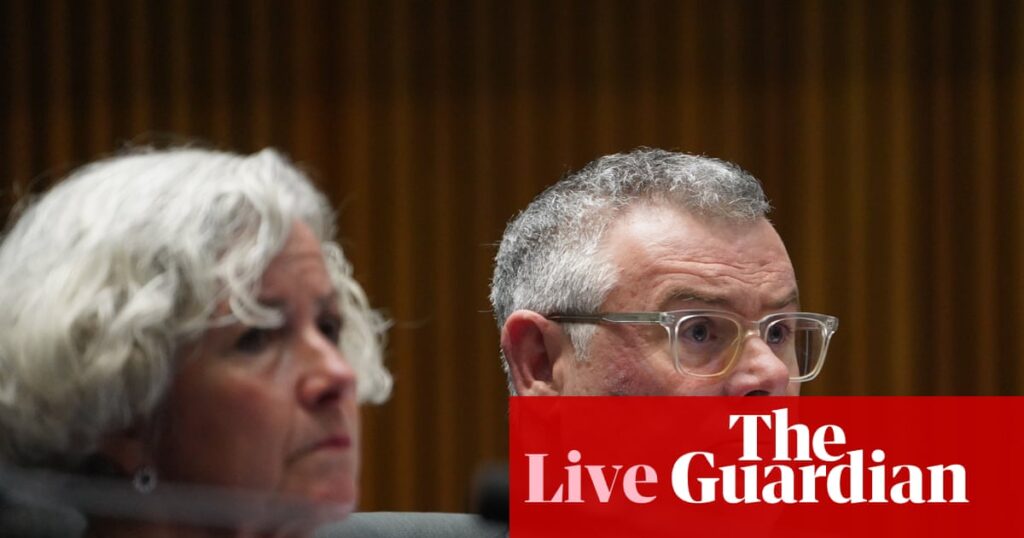
The Australian Environment Minister, Murray Watt, remains steadfast in his belief that the Labor government’s ambitious overhaul of federal nature laws will pass through parliament. This confidence persists despite the lack of support from both the Coalition and the Greens, who have expressed reservations about the legislation in its current form.
The proposed changes to the Environment Protection and Biodiversity Conservation (EPBC) Act are set to be introduced during the upcoming parliamentary session. These reforms aim to enhance environmental protections while expediting project assessment processes. The overhaul follows a critical review by Graeme Samuel, which highlighted significant flaws in the existing laws established during John Howard’s tenure.
Political Challenges and Negotiations
Labor’s path to passing the legislation is fraught with challenges, as it requires support from either the Coalition or the Greens to secure Senate approval. Both parties have currently ruled out backing the bill without amendments. Speaking on Sky News, Watt indicated the government’s willingness to consider amendments but firmly rejected the Greens’ proposal for a “climate trigger” that could potentially block fossil fuel projects.
“People should be under no illusions that we will be passing these laws through the parliament. The only question is how quickly we do it and who we do it with,” Watt stated, underscoring the government’s determination to see the reforms enacted.
Contentious Elements and Ministerial Powers
One of the most debated aspects of the proposed legislation is the definition of an “unacceptable impact” on the environment, which could lead to immediate project refusals. This definition has drawn criticism from the Coalition and industry stakeholders, who fear it could stifle development. Watt defended the measure, emphasizing its necessity to prevent environmentally detrimental projects, such as hypothetical mining operations at culturally significant sites like Uluru.
Another contentious issue is the retention of ministerial approval powers. The planned establishment of the National Environment Protection Agency (NEPA) seeks to shift some responsibilities from the minister to an independent body. However, the minister would still hold ultimate approval authority, a move supported across political lines. This structure aims to balance independent oversight with political accountability.
Historical Context and Future Implications
The proposed reforms are part of a broader effort by the Albanese government to address longstanding environmental challenges in Australia. The EPBC Act, originally enacted in 1999, has faced criticism for its inefficacy in protecting biodiversity and managing environmental impacts. The current overhaul represents a significant shift towards more stringent environmental governance.
Experts suggest that the success of these reforms could set a precedent for future environmental legislation in Australia. By incorporating independent oversight while retaining ministerial accountability, the government aims to create a more robust framework for environmental protection.
“An independent NEPA will have strong compliance and enforcement oversight to better protect our precious environment and ensure those who seek to illegally destroy it pay a high price,”
Watt emphasized, highlighting the government’s commitment to environmental stewardship.
Looking Ahead
As the parliamentary session approaches, negotiations with the Coalition and the Greens will be crucial in shaping the final form of the legislation. Concessions may be necessary to secure the required support, particularly in addressing concerns over the “unacceptable impact” definition and the balance of power between the minister and NEPA.
The outcome of these negotiations will have far-reaching implications for Australia’s environmental policy and its ability to meet international commitments on biodiversity and climate change. The government’s ability to navigate these political challenges will be a critical test of its resolve to implement meaningful environmental reforms.
As the debate unfolds, stakeholders across the political spectrum will be watching closely, aware that the decisions made in the coming weeks could shape Australia’s environmental landscape for decades to come.






